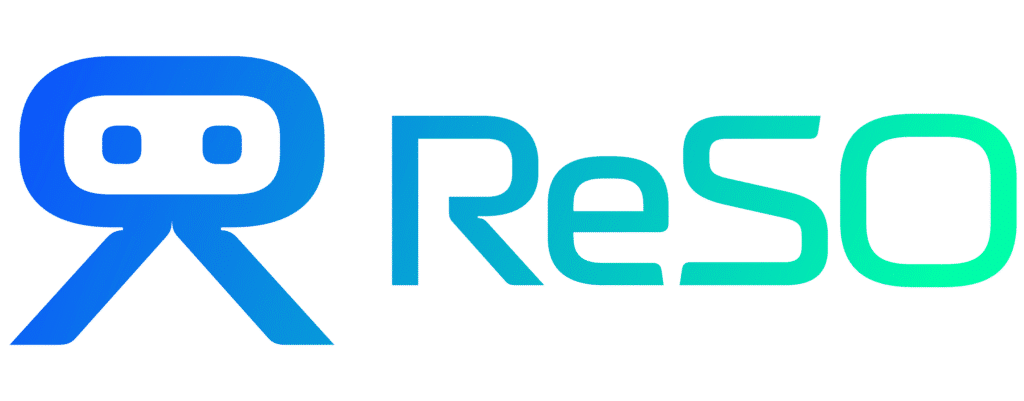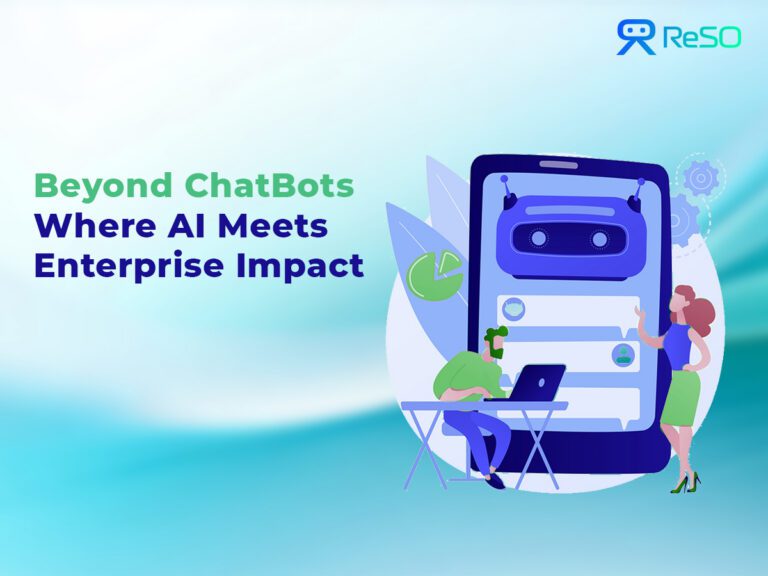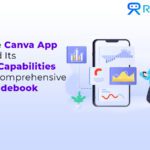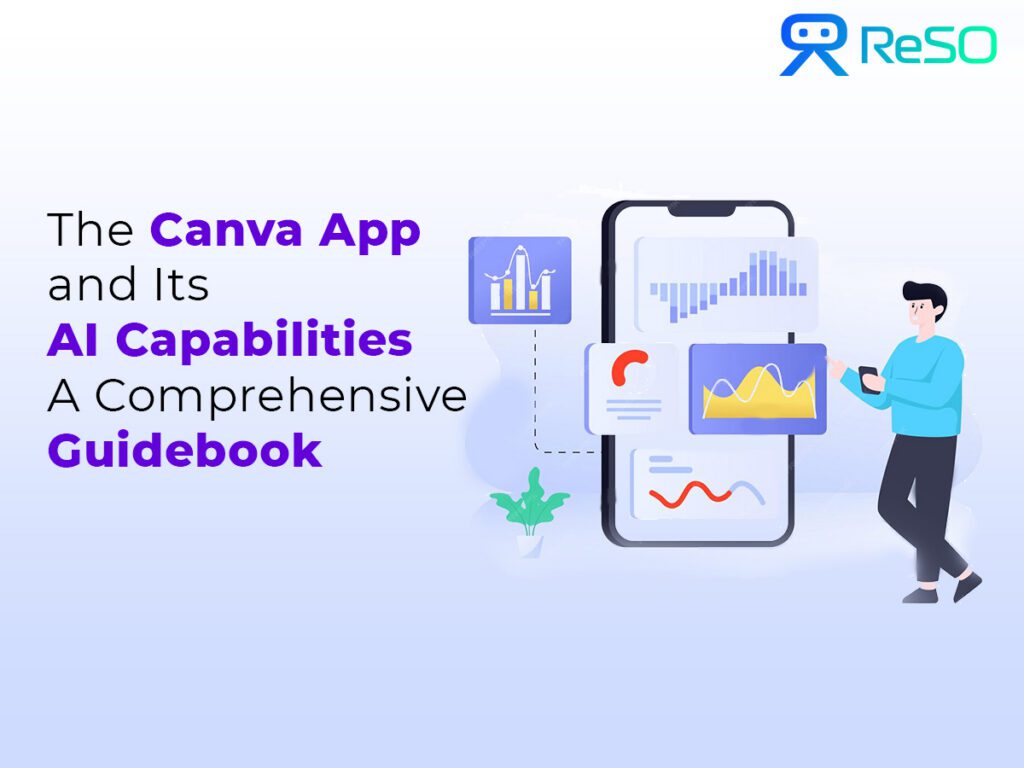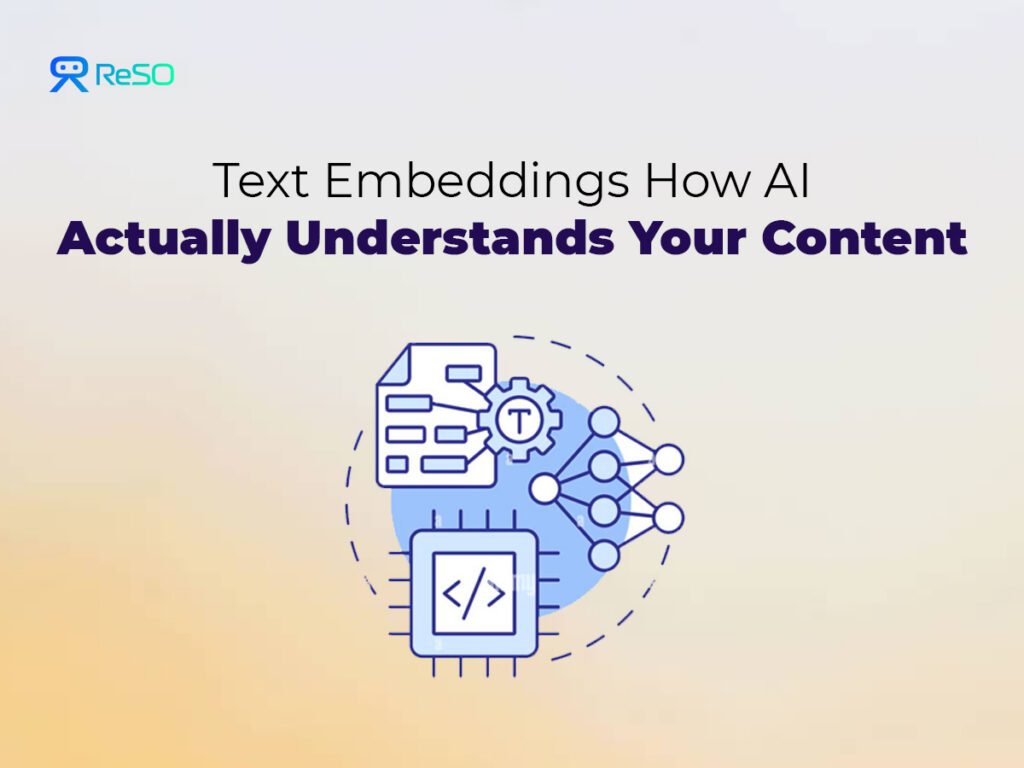What started as simple chatbots for consumers has evolved into powerful business tools that are transforming entire companies. Large Language Models (LLMs) like Google’s Gemini and OpenAI’s ChatGPT Enterprise are no longer just experimental technology; they’re becoming essential for businesses that want to stay competitive, driving large language model business use across industries.
From Simple Chatbots to Business Powerhouses
Early AI tools were primarily used for basic tasks, such as answering customer questions. Today’s enterprise LLMs are completely different. They’re built specifically to handle complex business challenges while keeping company data secure and private. ChatGPT Enterprise and Google’s Gemini, with Gemini AI integration, work directly within the software that businesses already use every day, making adoption much smoother.
The numbers show just how seriously companies are taking this shift. Research shows that 72% of organizations plan to increase their AI spending in 2025, with many companies already investing over $250,000 per year in these technologies. This isn’t just about trying new tech, it’s about staying relevant in business.
AI Moves from Helper to Game-Changer
The biggest change is how companies think about AI. Instead of using it to make current processes a bit better, smart businesses are rebuilding their entire operations around AI capabilities. This means letting AI handle complete workflows, predict what will happen next, and automatically allocate resources where they’re needed most.
This isn’t just about doing the same work faster. It’s about discovering entirely new ways to solve problems and serve customers.
Why Companies Are Racing to Adopt LLMs
Businesses are focusing on three main benefits from LLMs:
- Better Automation: Modern AI doesn’t just follow scripts; it can handle complex, changing situations and make smart decisions on its own.
- Faster Innovation: Companies can develop new products and services much quickly by using AI to analyze information and generate creative solutions.
- Easy Scaling: Unlike hiring more people, AI capabilities can be copied across different departments and locations without major additional costs.
The adoption is happening fast. Recent data shows Google has captured 20% of enterprise AI usage while Anthropic has reached 32%, proving that companies aren’t just experimenting anymore; they’re making AI a core part of their business.
For companies today, using enterprise AI isn’t optional. It’s become necessary to survive and thrive in a business world where intelligent automation is the new standard.
Understanding Enterprise LLMs: Gemini AI, ChatGPT Enterprise, and Beyond
Enterprise LLMs are fundamentally different from the consumer AI tools most people know. They’re built specifically for business needs, with stronger security, better customization options, and the ability to work with existing company systems.
Meet the Enterprise Champions
Google’s Gemini for Google Workspace works directly inside the apps businesses already use: Gmail, Google Docs, Sheets, and Meet. Instead of switching to new software, companies can add AI powers to their existing workflow. With Gemini AI integration, it can write emails, summarize documents, analyze data in spreadsheets, and even create images for presentations.
ChatGPT Enterprise takes a different approach by offering unlimited access to the most powerful AI model (GPT-5) with no usage limits. It’s much faster than the regular ChatGPT and can handle much longer documents.
What Makes Enterprise AI Different
The biggest differences between business and consumer AI come down to three things:
- Better Security: Enterprise versions encrypt all data, meet strict compliance standards, and most importantly, never use company information to train their AI models. This means your business data stays private.
- Custom Features: Unlike consumer AI that gives the same answers to everyone, enterprise versions can be trained on your company’s specific information and follow your industry’s rules and guidelines.
- Easy Integration: These systems connect directly with the software your company already uses, like customer databases, accounting systems, and employee directories, without requiring major changes.
Companies Are Building Their Own AI
- Many businesses are going beyond ready-made solutions to create their own private AI systems. This trend is growing because companies want complete control over their AI and data.
- Private AI Systems mean hosting AI models on your own servers instead of using someone else’s. This is especially important for banks, hospitals, and government agencies that handle sensitive information.
- Custom-Built Models are AI systems trained specifically on a company’s own data and industry knowledge. Research shows that 56% of AI-focused companies are now building custom AI models because generic ones often don’t understand their specific business needs.
This shift shows that businesses are getting serious about AI. They’re moving from experimenting with general tools to building AI systems that are uniquely designed for their specific needs and competitive advantages.
How Enterprise LLMs Are Changing Business Operations
Enterprise LLMs are transforming businesses by moving far beyond simple chatbots to become intelligent systems that can handle complex, multi-step processes without human help.
Smart AI Agents Replace Basic Automation
Today’s AI agents don’t just follow scripts; they think, adapt, and make decisions.
When a customer places an order, an AI agent can automatically check inventory, process payment, coordinate shipping, and send updates, handling the entire workflow independently rather than just individual tasks.
Ask Questions, Get Instant Insights
Enterprise LLMs have revolutionized how businesses analyze data. Instead of needing technical skills to create reports, employees can now ask questions in plain English, like “Which products made the most profit last quarter?” and get immediate answers with charts and explanations. This shift reflects the rise of large language model business use, where marketing teams can analyze thousands of customer reviews instantly, finance departments can spot spending patterns, and operations teams can identify problems in real-time, all through simple conversation.
Customer Support That Actually Understands
Modern AI customer support goes far beyond basic chatbots. These systems understand customer history, detect emotions, and handle complex requests like humans would. Studies show 41% of organizations now use AI assistants for customer service, with 60% using them for IT help.
Integration Strategies: Embedding Enterprise LLMs into Business Systems
Getting enterprise LLMs working with your existing business systems requires smart decisions about AI deployment in enterprise, connections, and automation workflows.
Cloud vs. On-Premises: Choosing Your Path
Cloud-Based Deployment is the quickest way to start. Companies can access powerful LLMs through APIs from providers like OpenAI, Google, or Anthropic without building their own infrastructure. This works best for companies that need to move fast, have changing workloads, and can work within cloud security rules.
On-Premises Solutions give complete control over data and AI models. This is essential for banks, hospitals, and government agencies where sensitive information cannot leave internal networks. While it costs more upfront and requires technical expertise, it offers unlimited customization and guaranteed data security.
Many businesses use both approaches, cloud for testing and development, on-premises for sensitive production work.
Connecting to Your Business Software
The real magic happens when LLMs integrate with existing systems like customer databases, accounting software, and data warehouses.
Customer System Integration transforms how businesses handle relationships. LLMs can automatically update customer records, write personalized emails, and provide insights from past interactions, all working directly within your current CRM platform.
Business Data Connections let LLMs access comprehensive company information for analysis and decision-making. Employees can ask questions in plain English and get answers from complex databases, automated reports, and intelligent insights from financial and operational data.
The key is keeping data secure while giving the LLM enough information to make smart decisions across different business functions.
Building Smart Workflows with AI Orchestration
AI orchestration goes beyond simple integration; it creates autonomous agents that manage complete business processes without human help.
Orchestration Platforms coordinate multiple AI agents working together on complex tasks. Instead of one AI doing everything, specialized agents handle different parts of a workflow: one analyzes customer inquiries, another checks inventory, a third processes orders, and another handles follow-up.
Real Implementation means creating AI systems that handle entire business processes from start to finish. These systems automatically route tasks, handle problems when they arise, work across multiple software platforms, and continuously monitor performance to stay efficient.
Success comes from starting with clear use cases, maintaining strong security throughout all connections, and building systems that can grow as business needs change. Organizations that master these strategies will have AI that doesn’t just help with work, it actively manages and optimizes core business operations.
Challenges and Considerations in Enterprise LLM Deployment
While enterprise LLMs offer great benefits, companies face three major challenges when implementing them: keeping data secure, ensuring fair AI decisions, and helping employees adapt to new ways of working.
Data Privacy and Security
The biggest risk is exposing sensitive company information. When employees use public LLMs, they might accidentally share confidential data, customer details, or trade secrets. Many public AI systems use this information to improve their models, which can create serious compliance problems.
Solutions include using private AI systems that keep data inside company networks, removing sensitive information before it reaches AI models, and creating clear rules about what information employees can share with AI tools.
Companies must also ensure their AI systems meet industry regulations like GDPR for data protection and HIPAA for healthcare information.
Managing AI Bias and Ethics
AI systems can make unfair decisions when they’re trained on biased data. For example, a hiring AI might favor certain groups if it learned from past hiring decisions that weren’t diverse. To prevent this, organizations need to regularly check AI outputs for unfairness, ensure diverse teams oversee AI development, and create clear guidelines for ethical AI use. Companies also need systems where AI decisions can be explained and reviewed, especially for important choices affecting employees or customers.
Helping Employees Adapt
Training challenges arise because LLMs change how work gets done. Employees need to learn not just how to use AI tools, but when to trust AI recommendations and how to work effectively with intelligent systems. Cultural adaptation requires helping employees see AI as a helpful partner rather than a threat to their jobs. Success comes from clear communication about AI’s purpose, ongoing training support, and showing early wins to build confidence.
The Future of Enterprise AI: Beyond Automation to Innovation
The future of enterprise AI is shifting from making existing work faster to completely reimagining how business gets done through intelligent systems that think, learn, and adapt continuously.
New Innovation Trends
AI-driven product development is changing how companies create new products. AI now helps teams go from idea to market 3x faster than traditional methods, handling everything from initial concepts to market testing. Companies can prototype and refine products in days instead of months.
Predictive Analytics systems don’t just analyze what happened, they predict what will happen and automatically take action. Organizations using real-time predictive analytics perform 23% better than competitors by predicting customer behavior, optimizing supply chains, and spotting opportunities before others
Intelligent Enterprises
AI Agent Networks will replace individual AI tools with collaborative AI teams. Instead of one assistant, businesses will deploy networks of specialized agents working together, one monitoring customers while another adjusts pricing, and a third coordinates with suppliers.
Industry-Specific Intelligence will become standard, with AI systems understanding not just general business but the specific nuances of particular industries: healthcare protocols, financial regulations, or manufacturing efficiency requirements.
Continuous Learning Advantage
Continuous Learning means AI capabilities improve constantly. Future enterprise AI will automatically update knowledge, adapt to new conditions, and learn from business outcomes, becoming more valuable over time.
Strategic Investment shows 76% of companies are choosing free, open-source AI models and customizing them for their specific needs. This allows smaller companies to build specialized AI that works better for their business than expensive generic solutions.
The future isn’t about replacing humans; it’s about creating intelligent organizations where AI and people collaborate to achieve outcomes neither could accomplish alone.
Ready to ensure your AI systems meet enterprise security and compliance standards? Partner with our AISO experts or book a free audit to validate your AI governance, security controls, and regulatory compliance before scaling AI deployment in enterprise.
Frequently Asked Questions
1. How are enterprise LLMs different from public AI tools?
Enterprise models like ChatGPT Enterprise and Gemini AI keep data private, meet compliance standards, and integrate directly with business systems for secure, scalable use.
2. What’s the biggest barrier to deploying LLMs in large organizations?
Data governance and employee adaptation, companies must balance strict security with clear training so teams can trust and effectively use AI.
3. Will enterprise AI replace human workers?
No, it’s designed to augment people, not replace them. The real value comes from humans using AI to work smarter, faster, and more creatively.
4. When should companies use private or on-prem LLMs instead of cloud AI?
Organizations should choose on-premise or private LLM deployments when handling sensitive or regulated data, requiring strict data residency, custom security controls, low-latency access, or full governance over model behavior that public cloud AI cannot guarantee.
5. How do private LLMs reduce data leakage and governance risk?
Private LLMs reduce data leakage by keeping prompts, outputs, and training data inside controlled environments. They enable strict access controls, audit logs, data residency, and policy enforcement, preventing sensitive information from being sent to third-party cloud models.
